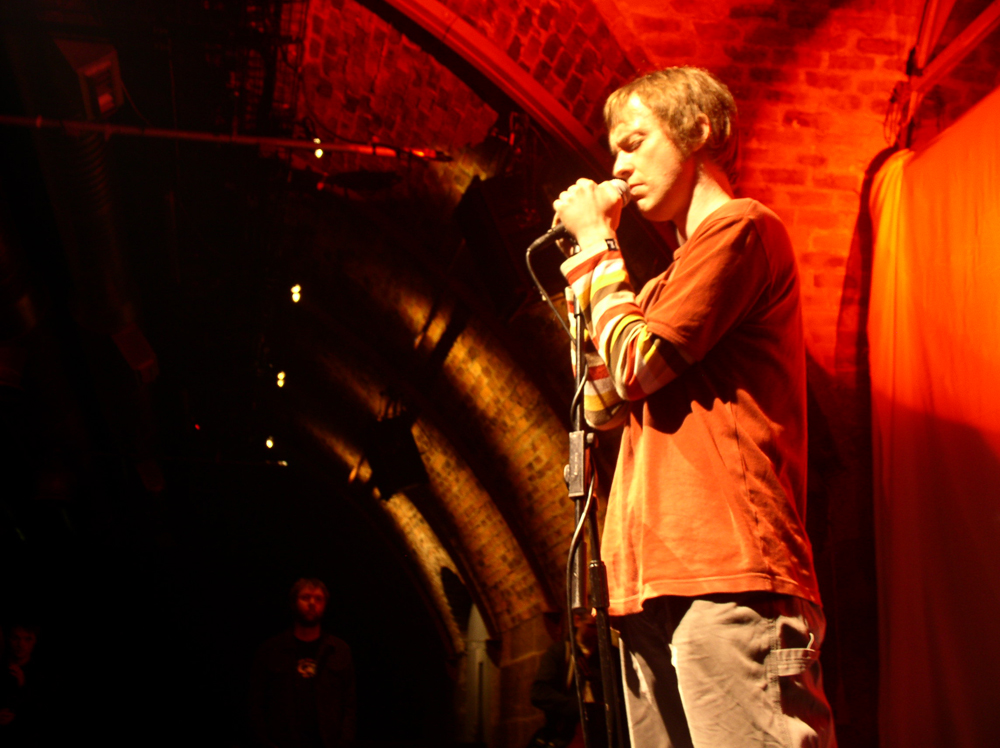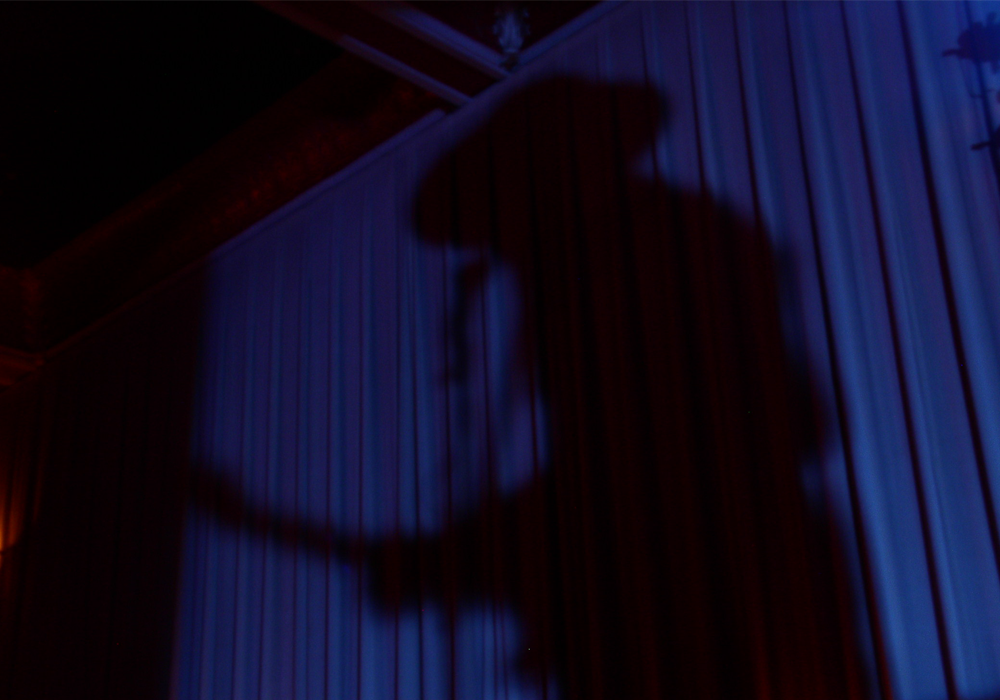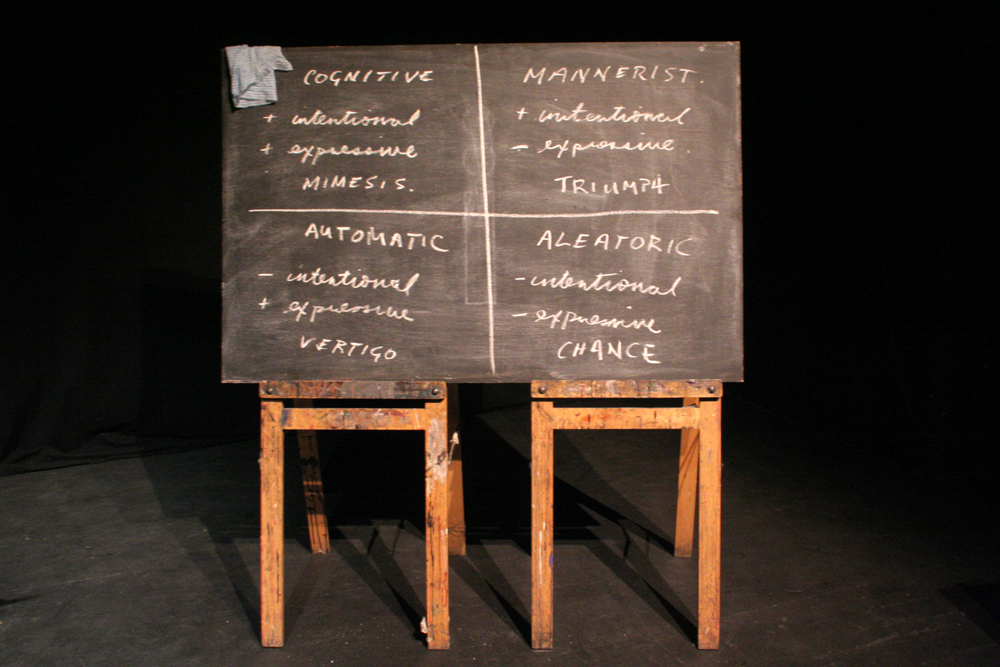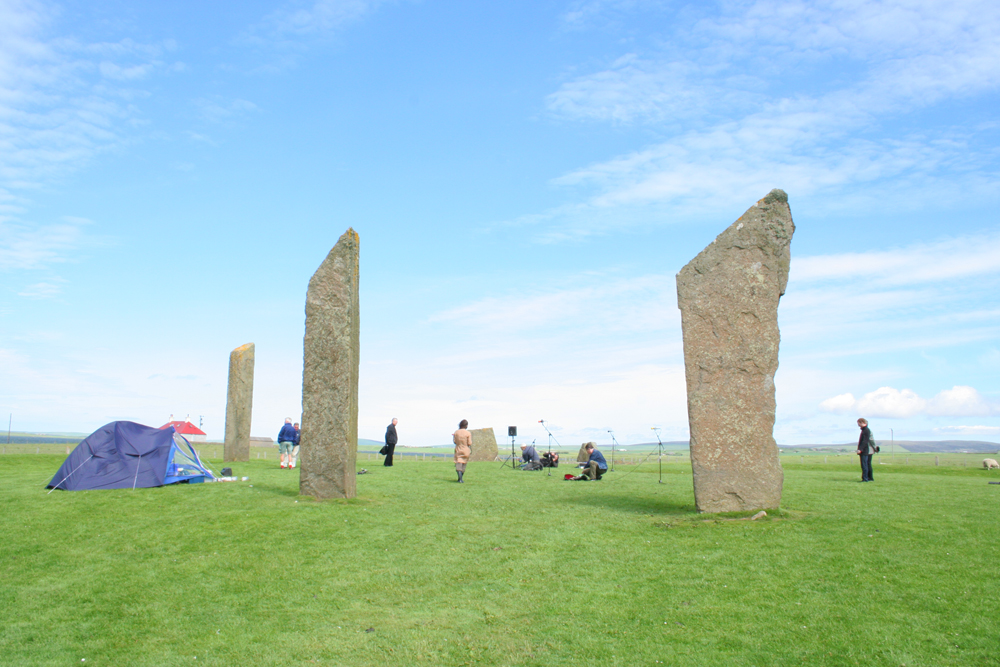
Cottonmouth Liturgy
Alexander Moll Jackie Wang
A multi-media harp and spoken word tribute to the incalculable, the in-deducible, the suspicious static noise that accompanies the voice of truth, and the attempted aberrations in the domain of emergence.













